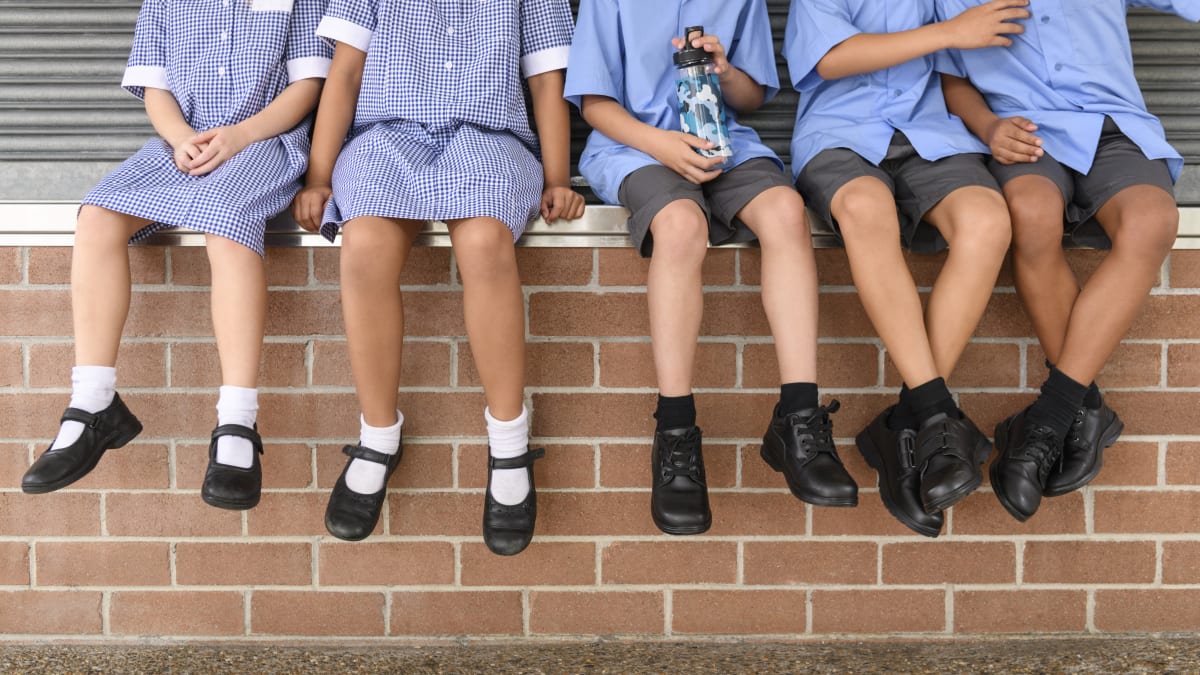Schools Will Feel Impact of 2020 Lockdowns in 2021
Education
*This article first appeared on Radio New Zealand and is republished with permission.
Schools have told the Education Review Office that some children lost 10 weeks of learning in last year’s lockdowns, but the overall impact of the pandemic is still unclear.
In a report based on surveys of thousand of students, teachers and principals during and after last year’s national and Auckland lockdowns and interviews with focus groups, the review office (ERO) said anxiety and under-achievement could affect children as they return to schools during the next few weeks.
The national lockdown forced schools into nearly six weeks of home-learning from late March to mid-May while the Auckland lockdown cost nearly three weeks of classroom time in August.
The ERO report said there were reasons to be worried about the impact of the pandemic on student learning and most schools (59 percent) were worried the lockdowns had harmed student progress and achievement, especially in low-decile communities and in Auckland.
“Where schools have done learning assessments, teachers have identified some students who have fallen behind. For those students who had plateaued or regressed in their learning, teachers tended to estimate the loss of about a term’s worth of learning,” the report said.
However, many schools had delayed testing their students so the nature and extent of the impact of the pandemic on achievement would not be clear until the first term of 2021, the report said.
“Until assessment data comes in, we will not know for sure how significant the impact was of learning from home. There are signs that it hasn’t been as effective as learning at school. Many students reported that learning from home did not make them a better learner.”

It said in September last year only 24 percent of NCEA students and 37 percent of primary students thought that learning from home had made them a better learner. In addition, 28 percent of NCEA students said they were not up to date with their learning, while 24 percent said they were. Primary school children were much more positive, with only 6 percent of Year 4-8 students saying they were not up to date and 61 percent saying they were.
The report said the lockdowns might have harmed disadvantaged students more than others because they tended to have less access to devices to work on, fewer quiet spaces to study at home, and parents who could not support their learning.
“One teacher told ERO that it seemed like ‘the rich got richer and the poor got poorer in terms of achievement and progress’,” the report said.
By term 3 nearly half of schools reported fears about poor student attendance with most of the schools citing anxiety about health and safety from Covid-19 as the main cause of non-attendance.
One in five schools reported ongoing worries about student motivation, mostly due to anxiety or problems at home.
“Disengagement normally increases as students get older but there is a real risk that the disruption caused by Covid-19 has increased the pool of disengaged students which, if not addressed, could lead to more students leaving school early or not continuing with their education after they finish school,” the report said.
Schools were trying to reassure students and their families and many had taken a deliberate and careful approach to re-engaging students, it said.
“In focus groups, students told ERO that, despite some initial trepidation, they were mostly keen to return to school, and had been looking forward to reconnecting with friends and teachers. Students appreciated schools’ efforts to manage any pressure on them. A few students described lenient deadlines, which helped to prevent them from becoming discouraged and disengaged. One group of students described their anxiety about a lack of academic progress which was demoralising, and that this was leading some of them to become less engaged at school.”
Māori and Pacific students’ worry about their progress was similar to other students, but Māori were less likely to enjoy learning at home during lockdown than other groups, the report said.
The chief review officer, Nicholas Pole, told RNZ schools did a great job helping their students during and after the lockdowns.
“The way in which principals and teachers worked day in, day out to support their learners and their families and communities, that was just amazing,” Pole said.
“The education sector really came into its own through firstly the lockdown period and then post-lockdown, and were creative, innovative and as an educator actually really inspiring in some of their response to the lockdown.”
The pandemic had a disproportionate impact on students in Auckland who went through two lockdowns, students studying for NCEA qualifications, Māori and Pacific learners, and students in low-decile schools, Pole said.
But schools could help students catch up if they focused carefully on individual students’ needs, he added.
“It’s really important to focus on what we do in 2021.”
Pole expected most schools’ focus for the start of the new school year would be their students’ mental wellbeing.
“I think students will need continued support and so vigilance about student wellbeing, spotting the signs of disengagement, ensuring students return to school quickly when the school opens are all going to be really important features of this year.”
Early childhood impacts
The report – based on interviews with staff from 400 early education services – said Ministry of Education figures showed more five-year-olds were enrolled in early learning.
“A small number of leaders told us that parents had “paused” the transition of their child to school while the country was moving between different Covid-19 Alert Levels. It was suggested that parents were more comfortable with the smaller size of an early childhood service than having their children in a larger primary school,” the report said.
The report said 15 percent of ECE leaders had reported an increase in absences since the first lockdown and some also reported that children were absent for longer periods of time. One service said frequent absences would affect its funding.
Meanwhile, 26 percent of early learning service managers said they had reduced their fees and 15 percent were worried that their service would struggle to stay open.

